Why a Classical Education Today?
We follow an academically rigorous methodology that is based on the Trivium. It uses proven teaching methods which correlate with the child’s natural developmental stages (Grammar, Logic, & Rhetoric Stages), giving the child a broad liberal arts education.
Classical education is a proven methodology which equips students with the tools for learning, giving them a comprehensive liberal arts education. It is an academically rigorous, systematic approach that has successfully educated more generations than any other method. The word classical refers to the structure and form of the education, as well as the content of the curriculum. It is designed to teach children Western heritage and thereby enable them to understand the events that have formed today’s culture. It is language focused, both written and spoken. The content includes Latin and Greek studies as well as great works of literature, all of which facilitate an understanding of the past. It follows the time-honored learning process of the Trivium.
What is the Trivium?
Classical education is taught using the fundamental structure of the Trivium which is divided into 3 stages: Grammar, Logic, and Rhetoric. These stages coincide with a child’s natural development, so that teaching methods go “with the grain,” maximizing the learning that is possible. These stages harmonize with the biblical concepts of knowledge, understanding, and wisdom.
Grammar
Since memorization comes easily to young children, this stage focuses on the accumulation of facts. These are the years where the building blocks for all other learning are laid. Rules of phonics and spelling, rules of grammar, poems, biblical passages, the vocabulary of foreign languages, the stories of history and literature, descriptions of plants and animals and the human body, and the facts of mathematics are just some examples of the information that is ingrained in the students at this age. Classical methods involve chants, songs, and jingles, to partner with a young child’s ability for absorption of information.
Logic
Building on facts learned in the grammar stage, students begin to analyze the order of relationships. They learn the “why” and “how” of the content studied and not just the information. They are shown that all branches of learning are interrelated. As children gain the capacity for abstract thought, they study the logical constructs of arguments and are taught to recognize truth from falsehood.
Rhetoric
This stage completes the tools of learning as they express their thoughts and ideas in oral and written form. The student applies the rules of logic learned in middle school to the foundational information learned in the early grades and expresses his conclusions in clear, compelling, elegant language. It focuses on the skills of persuasion, speech, and writing. Students learn to construct credible and strong arguments as well as specialize in subject areas of interest. It brings all the subjects together into one whole, allowing the student to grasp the larger picture.
Why a Classical Education today?
A classical education gives students exposure to rich academic content, broadens their view and experiences, and prepares them with skills and wisdom that they will use for the future. It is a complete, comprehensive education that has a record of successfully educating generations. Classical education distinctively cultivates students who can develop facts into arguments and convey these arguments clearly and persuasively, both orally and in writing. It develops independent learning skills by teaching students how to learn, enabling them for further pursuits.
“The sole true end of education is simply this; to teach men
how to learn for themselves; and whatever instruction fails
to do this is effort spent in vain.”





